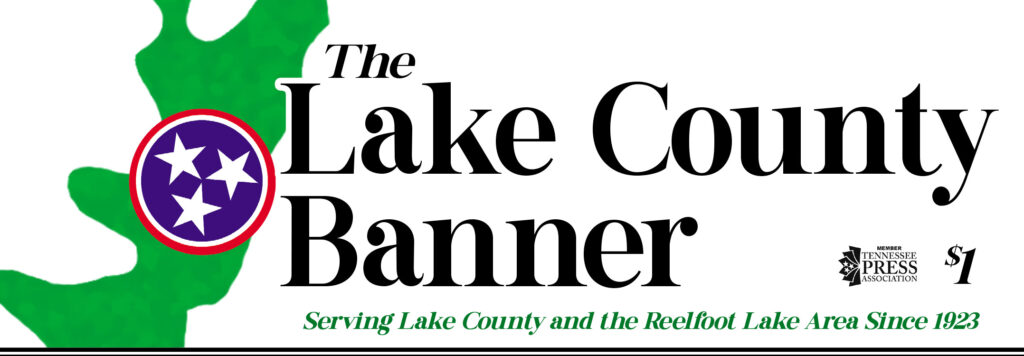When you own livestock, every season brings a unique challenge for you and your animals. Extreme temperatures and harsh elements can make winter feel endless. Fortunately, there are ways to prepare your homestead for the cold. By successfully preparing your shelters and equipment, you can provide your animals with everything they need for a safe season. Get ready for the coming cold with these three tips for surviving winter on your hobby farm.
Fortify Shelters
Whether you have chicken coops, beehives, or barns, it’s important to fortify your animals’ shelter before the cold weather hits. Your critters need somewhere warm, dry, and safe to hunker down for the season. Inspect your structures now for any holes, cracks, or other damage. Make the necessary repairs to prevent frigid drafts or leaks in the coming season. Windbreaks also make great additions to any shelter, run, or pasture. You can also install extra insulation in your shelters. Just make sure you leave a place for air to flow through the structure. Insulation without ventilation can cause excess humidity, which leads to moisture problems such as mold or mildew.
Prepare Food and Water
Surviving the winter takes energy, which means your animals still need plenty of food and water to make it through the season. Prepare your equipment to withstand the extreme conditions. Make sure feeders and waterers are somewhere safe and accessible. You can install heated waterers to make sure your water supply doesn’t freeze in the cold. Additionally, be sure to pest-proof your feeders and food storage. Rodents and other intruders are always on the lookout for an easy food source during the winter, so take the proper measures to keep them away.
Store Unused Supplies
Winter can be hard on your gear as well as on your animals. That’s why one of the best tips for surviving winter on your hobby farm is to take good care of your equipment. Make sure any spare parts or unused tools are safe. As we mentioned above, you want to pest-proof any food supplies to keep out rodents and other hungry critters. If you own bees, you won’t need most of your equipment until spring, so make sure you store your beekeeping supplies properly. Take steps to clean, repair, and safely put away all unnecessary equipment at the beginning of winter. This will ensure everything is in good shape when spring comes around again.







